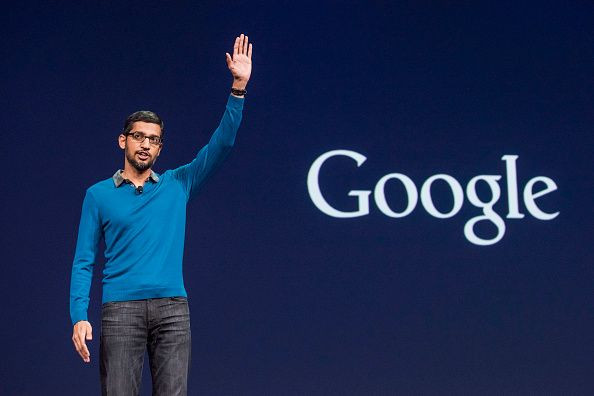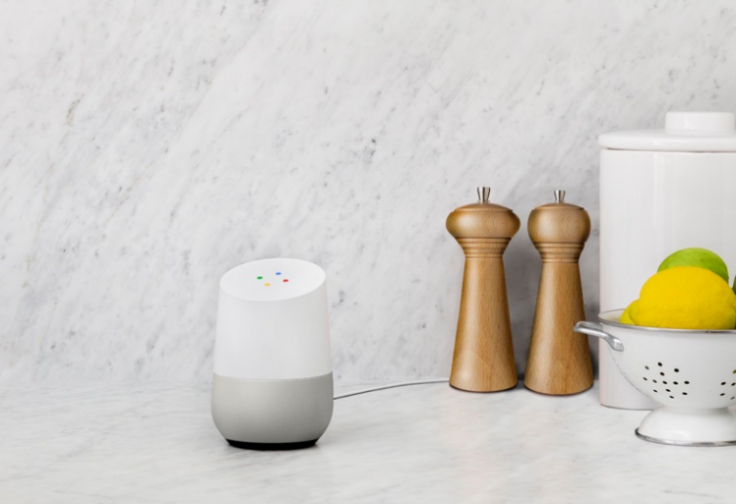Google Assistant, Home Launch As Search Giant’s Answer To Facebook Bots And Amazon Echo

Google it. Those two words are recognized worldwide as a way for any internet user to find an answer to nearly any question. But until now, it’s mostly been about typing into a search bar.
Now, Google wants you to speak up and chat with your mobile phone and other devices within your home, all powered by its own technology. The Mountain View, California, company revealed two projects, Google Assistant and Google Home, at its annual developer conference, Google I/O, in San Francisco Wednesday.
Google Assistant is the company’s effort to make search more personalized and efficient for users through machine learning and artificial intelligence. “We want users to have an ongoing two-way dialogue,” said CEO Sundar Pichai onstage during the event’s opening keynote. “We think of this as building each user their own individual Google.”
The effort is an improvement on Google’s current mobile app, which includes Google Now, a voice assistant service like Apple’s Siri, Microsoft’s Cortana and Amazon’s Alexa. With that function enabled, people start commands with “Ok, Google.” Fifty percent of Google’s search queries are now being made via a mobile device, Pichai announced.
Assistant is tasked with making the “Ok, Google” experience more personal. The system will be able to understand requests based on who makes them, so that if you have a family of four and you order movie tickets for a family movie, it would know to order four, as Pichai demonstrated.
Rival tech giants Facebook and Microsoft have also made artificial intelligence and messaging bots a priority, announced during their developer conferences earlier this year. But Google showed off its strength in voice activation, more akin to the competing system Viv, created by the same developers behind Apple's Siri.

These functionalities are incorporated into Google’s growing "internet of things" business. On Wednesday, Google also announced Google Home, a device that responds to voice commands. It operates similarly to a phone but can be used throughout the house and connected to multiple devices.
Google’s service is not unlike Amazon’s Echo device, which Pichai acknowledged in his keynote. “Credit to the team at Amazon for creating a lot of excitement in this space,” he said.
Google has been criticized for its delayed entry into the device space, given Amazon’s big push and marketing behind Echo. Amazon has sold 3 million Echo devices, according to Consumer Intelligence Research Partners. Google Nest, the smart home business, has also been viewed as a disappointment, with revenue underperforming the $3.2 billion acquisition.
Google Home will go on sale by the end of the year, the company said. No pricing or other details were disclosed, other than the link to a website where people can sign up for email alerts.
Google announced 20 launch partners for Assistant and Home, including ride-hailing service Uber, music player Spotify and Facebook’s messaging app WhatsApp.
© Copyright IBTimes 2025. All rights reserved.





















